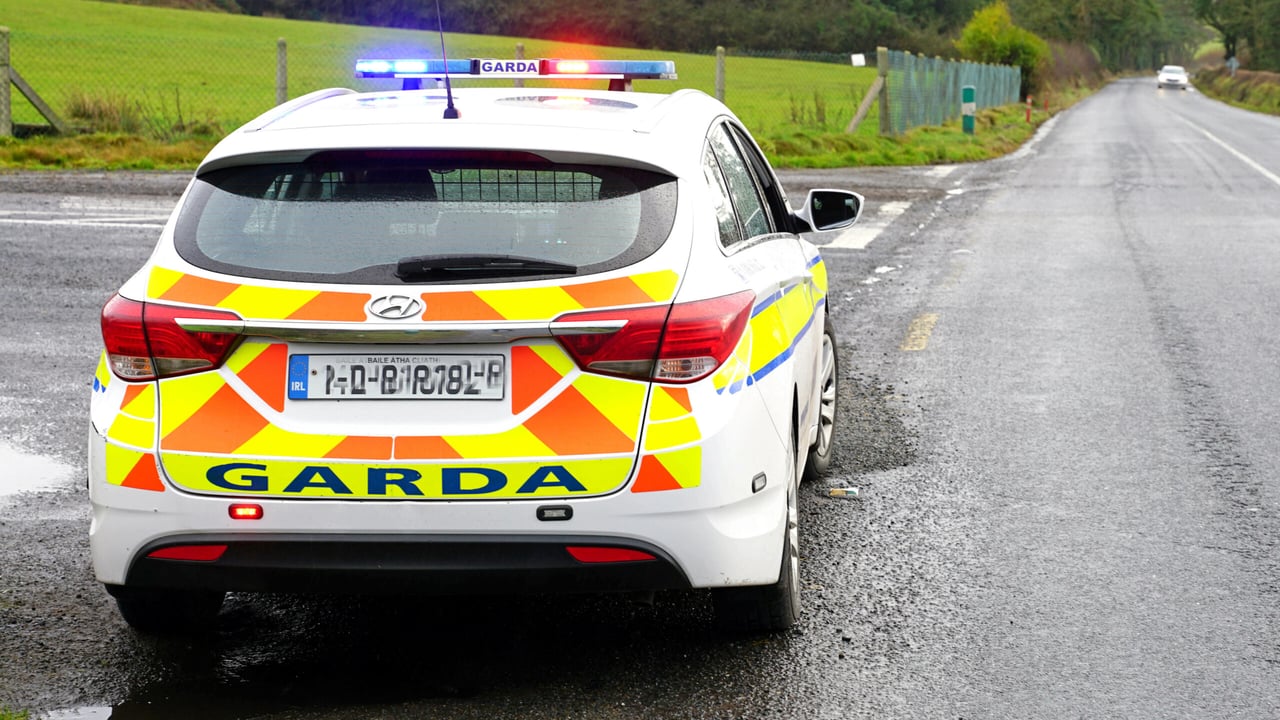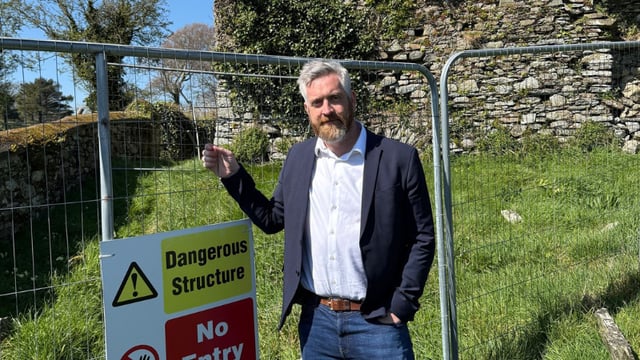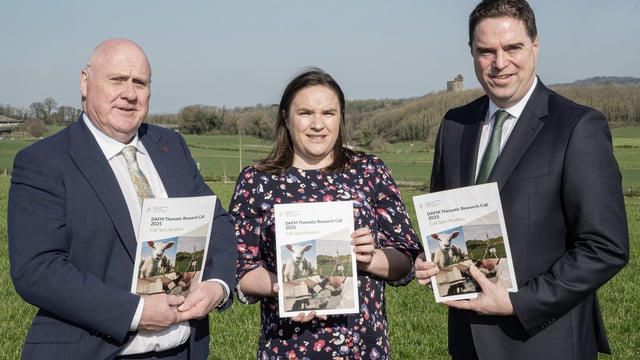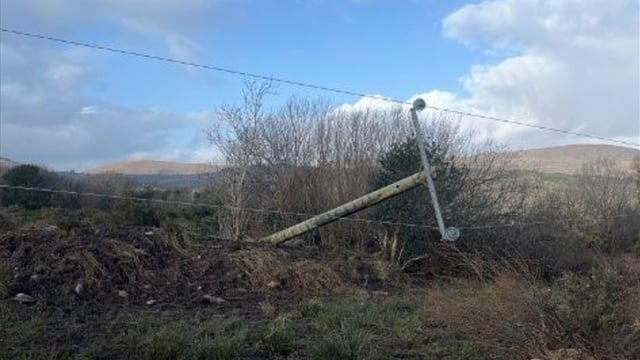ASGI survey: Garda operating model 'unsuitable for rural policing'
The Association of Garda Sergeants and Inspectors (AGSI) has released the findings of its recent member survey, which highlights "significant dissatisfaction" among the supervisory ranks of An Garda Síochána.
Members were asked about the Garda Operating Divisional Model, the system and structure of policing introduced into An Garda Síochána arising from the Commission on the Future of Policing report.
The questionnaire garnered a 56% response rate from 2,300 members.
A total of 82% of sergeants and inspectors who responded to the questionnaire indicated that the operating model did not have a positive impact on community policing.
In regard to rural policing and high visibility policing, over 90% of respondents indicated that high visibility policing has not increased since the introduction of the model, and that the operating model is "unsuitable for rural policing".
ASGI
In addition, 98% of respondents called for an urgent review of the operating model.
AGSI general secretary Ronan Clogher said: "This survey provides a powerful insight into the lived experiences of our members on the ground.
"The overwhelming message is clear; the current operating model is not delivering for garda members or the communities they serve.
"Issues such as inadequate resources, the lack of suitability for rural and frontline policing, and the inefficiency of the three-county divisional structure are deeply concerning," he added.
Sinn Féin spokesperson on justice, Matt Carthy has said Minister for Justice Jim O’Callaghan must address the concerns raised by the ASGI.
In a statement, Deputy Carthy said: “The ASGI has raised some very serious concerns about the number of gardaí available to operate the current operating model.
“The concerns raised by the AGSI, including those in relation to rural policing, reflect what we are seeing on the ground.
"Now is the time to review this operational model as called for by the AGSI. We need to ensure communities are getting the policing services they deserve.”











